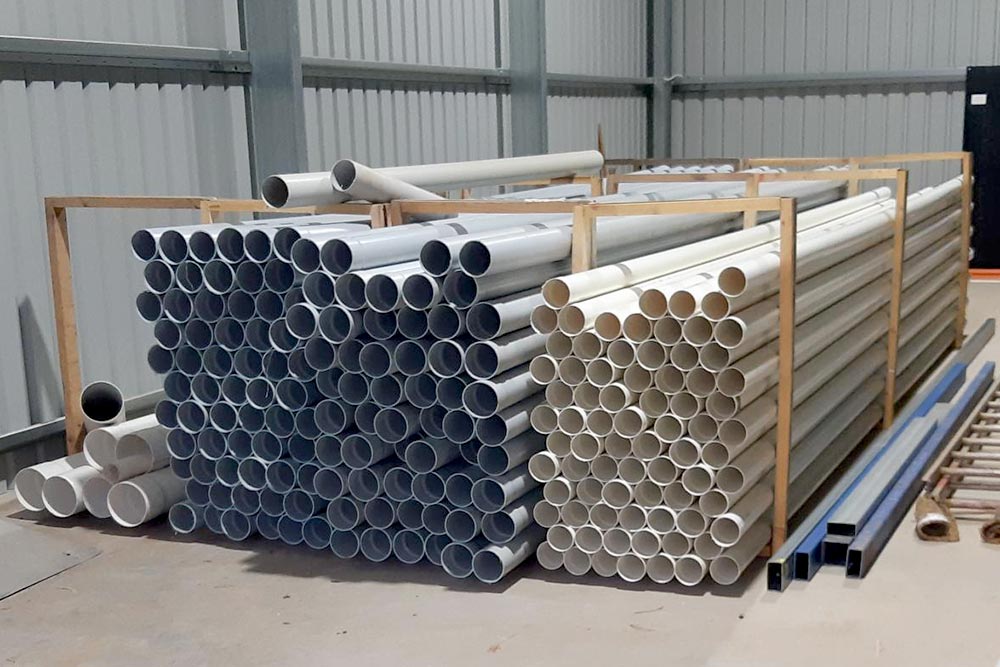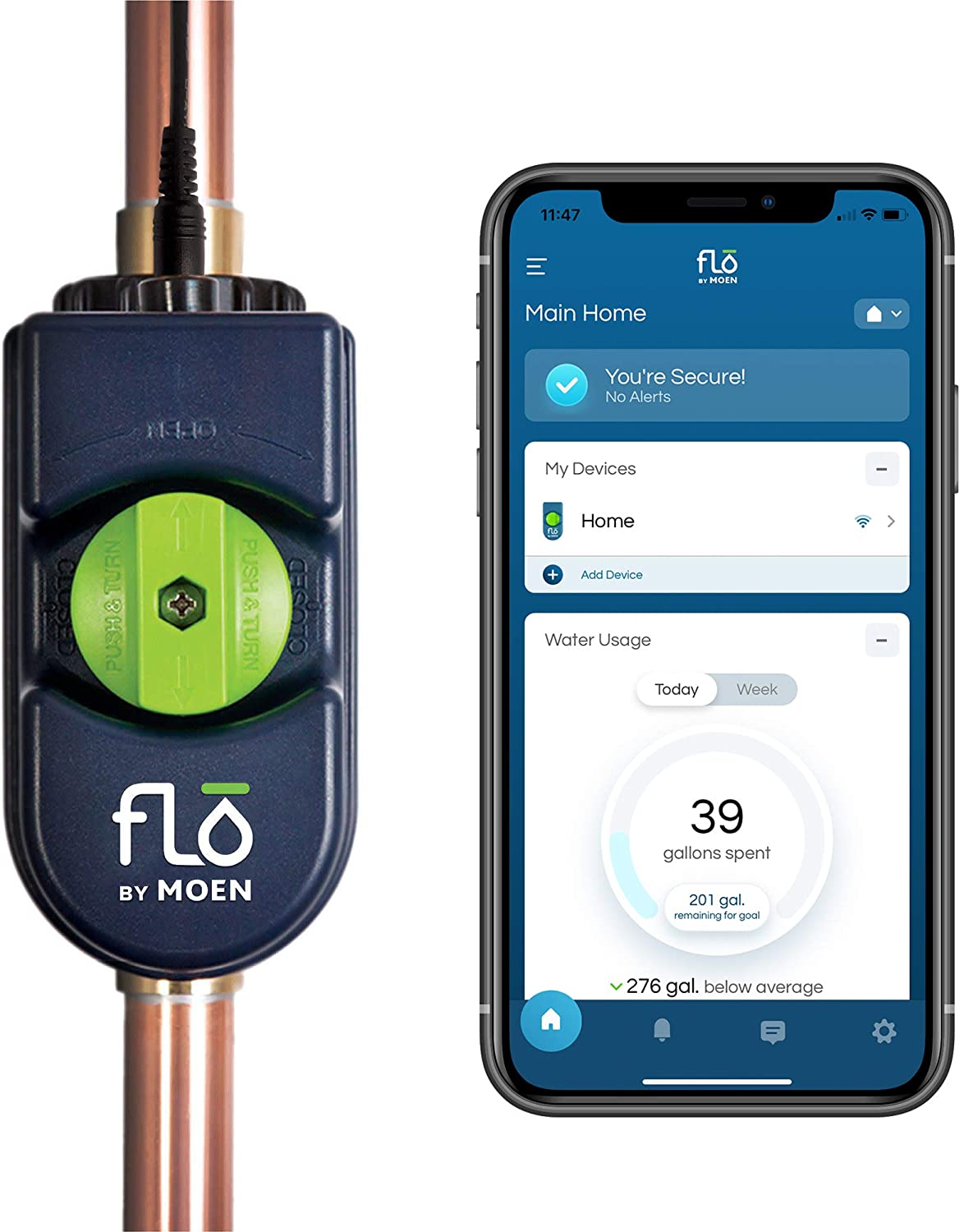
Enhancing Stormwater Management with Quality Pipes

Expert Insights: Optimizing Your Stormwater Pipe System
Understanding Stormwater Management
In today’s rapidly changing climate, effective stormwater management is more critical than ever before. Stormwater runoff poses significant challenges to urban areas, leading to flooding, erosion, and water pollution. To combat these issues, municipalities and property owners must invest in robust stormwater pipe systems that can effectively channel and manage excess water during heavy rainfall events.
Importance of Proper Design
One of the cornerstones of an efficient stormwater pipe system is its design. Proper design considers various factors such as rainfall intensity, topography, soil composition, and land use patterns. By analyzing these elements, engineers can develop a tailored stormwater pipe network that maximizes efficiency and minimizes the risk of flooding and erosion. Additionally, incorporating sustainable design practices can further enhance the system’s performance while reducing its environmental footprint.
Choosing the Right Materials
Selecting the appropriate materials for stormwater pipes is crucial for long-term durability and performance. Traditional materials like concrete and metal have been commonly used in the past, but newer options such as high-density polyethylene (HDPE) offer several advantages. HDPE pipes are lightweight, corrosion-resistant, and highly flexible, making them ideal for various applications. Moreover, their smooth interior surface facilitates efficient water flow, reducing the risk of clogs and blockages.
Installation Best Practices
Proper installation is key to ensuring the effectiveness and longevity of a stormwater pipe system. Careful attention must be paid to factors such as alignment, slope, and backfilling to prevent issues like pipe settlement and misalignment. Additionally, incorporating advanced techniques such as trenchless technology can minimize disruption to surrounding infrastructure and reduce overall project costs. By adhering to industry best practices, contractors can deliver high-quality installations that meet or exceed regulatory standards.
Maintenance and Inspection Strategies
Regular maintenance and inspection are essential for preserving the functionality of a stormwater pipe system over time. Routine inspections can help identify potential issues such as cracks, leaks, and blockages before they escalate into more significant problems. Furthermore, implementing proactive maintenance measures such as cleaning and debris removal can prevent obstructions and ensure uninterrupted water flow. Investing in comprehensive maintenance programs can ultimately save property owners time, money, and headaches in the long run.
Adapting to Changing Conditions
As climate change continues to impact weather patterns, it’s crucial for stormwater management practices to adapt accordingly. Engineers and planners must consider future climate projections when designing and upgrading stormwater pipe systems to withstand more frequent and intense rainfall events. This may involve incorporating features such as larger pipe capacities, overflow structures, and green infrastructure components to enhance resilience and mitigate flooding risks.
Community Engagement and Education
Effective stormwater management requires collaboration and buy-in from all stakeholders, including local residents, businesses, and government agencies. Community engagement efforts can help raise awareness about the importance of proper stormwater management practices and encourage participation in initiatives such as rainwater harvesting and green infrastructure projects. Education programs aimed at schools and community groups can also foster a greater sense of environmental stewardship and responsibility.
Investing in







